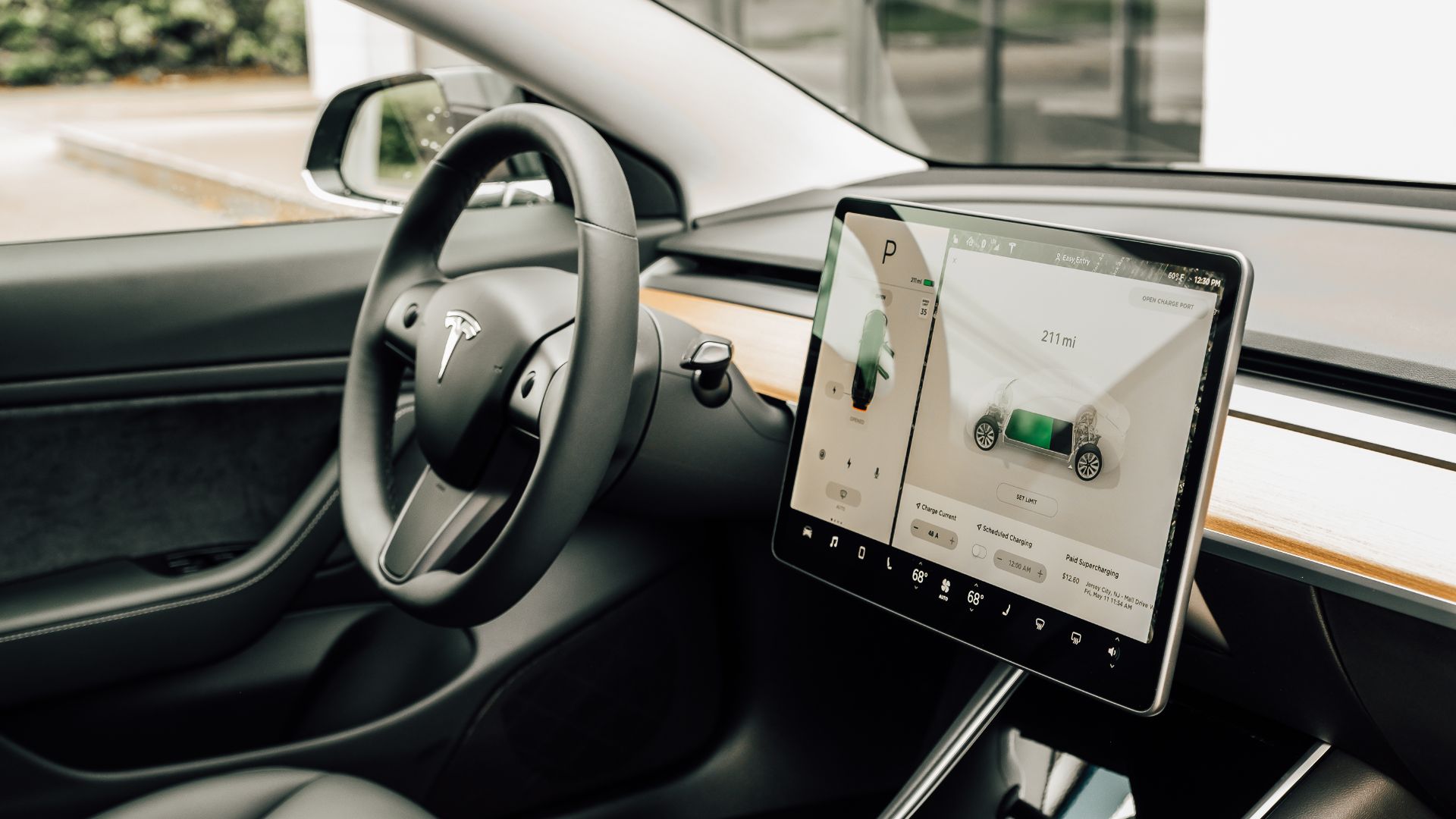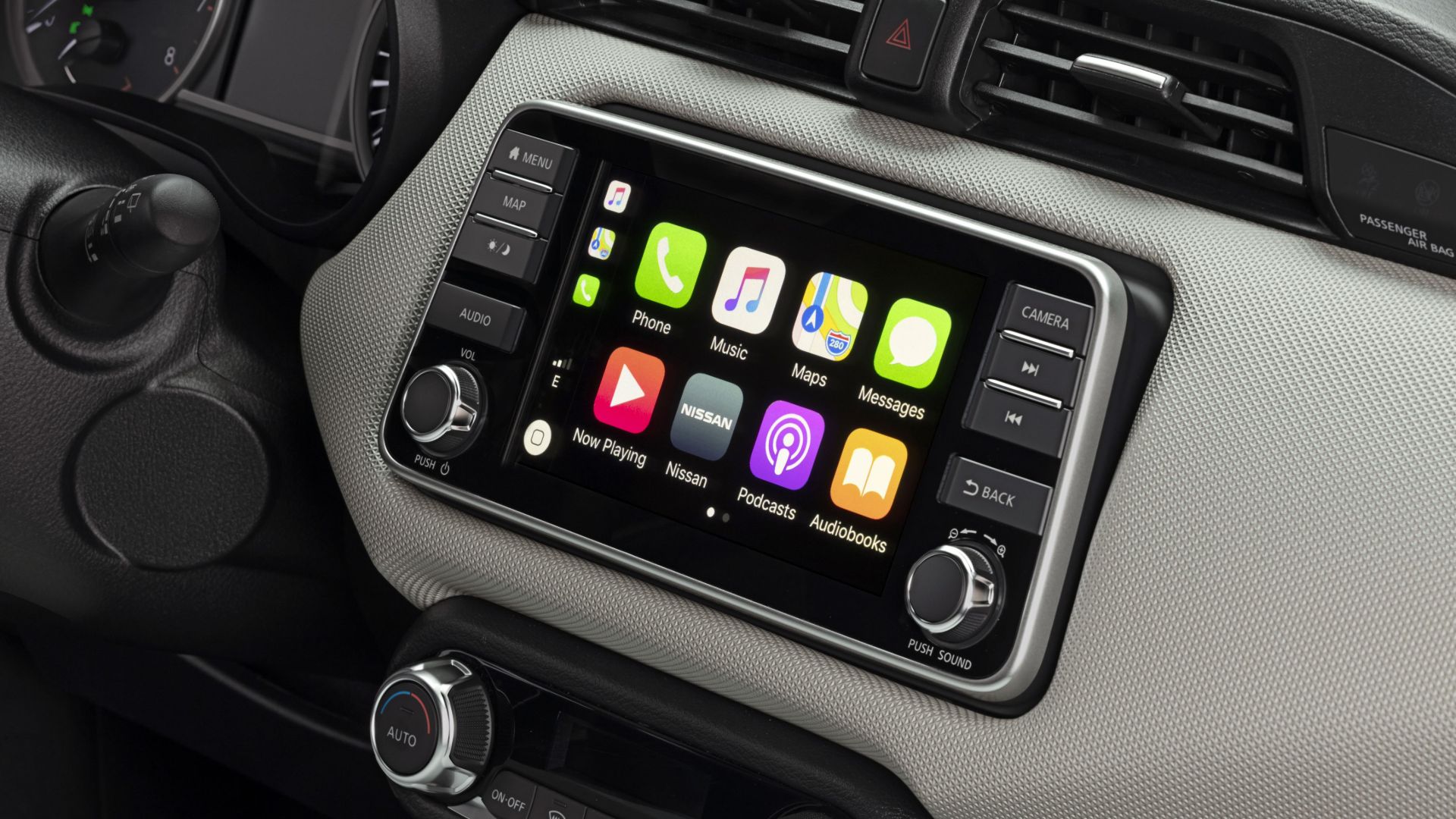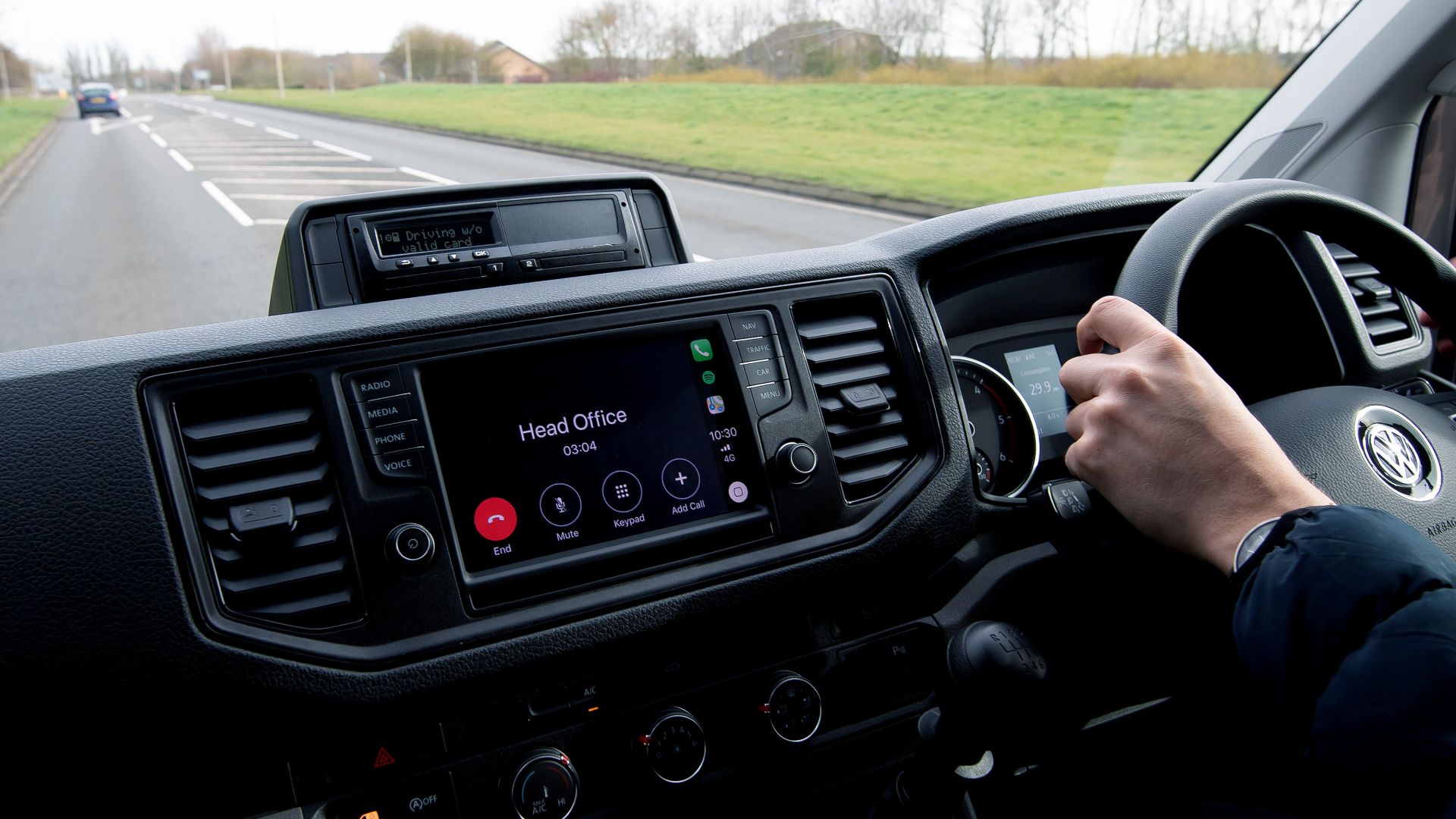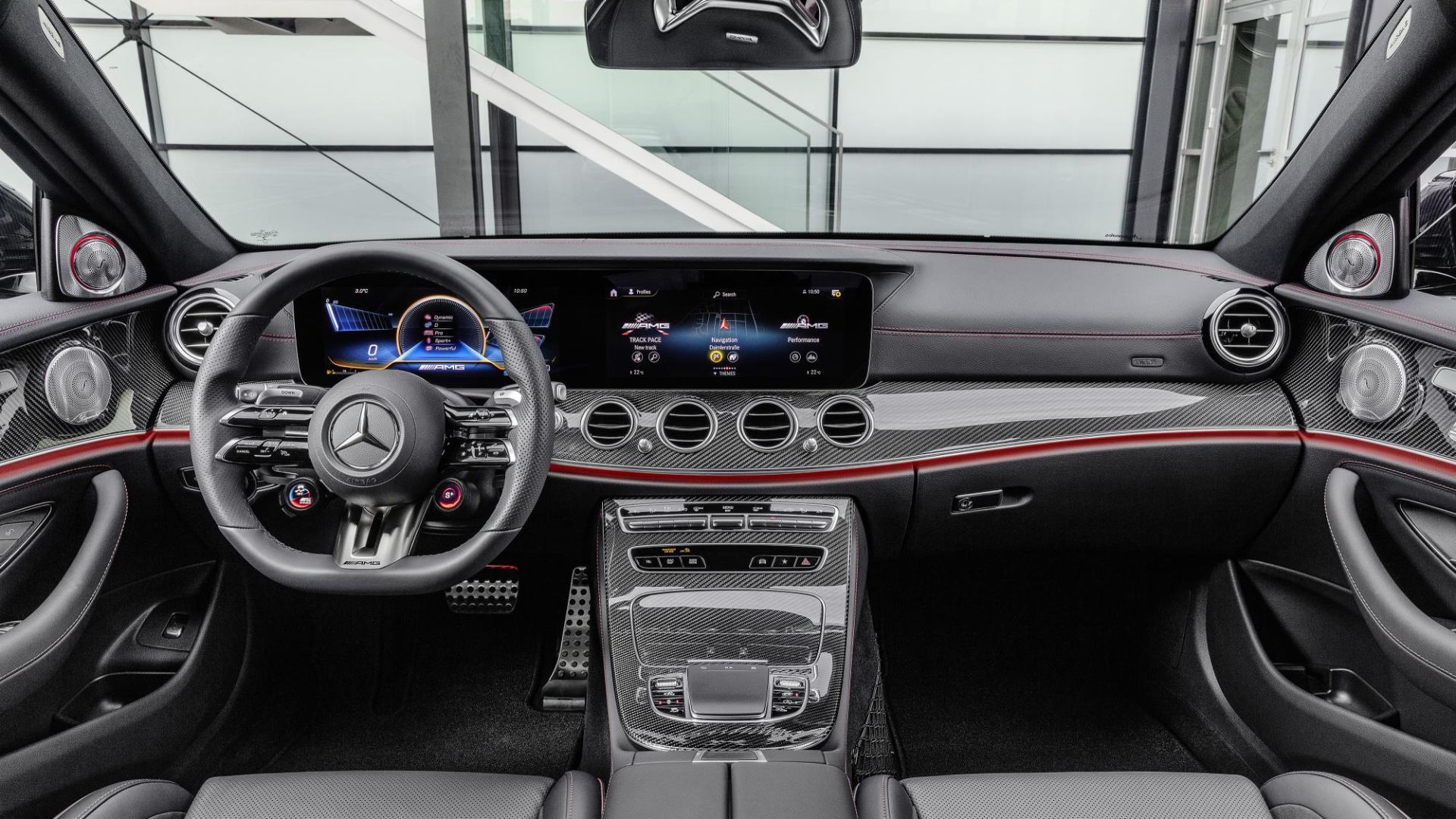
New research has looked at how car infotainment systems affect driver performance. The results show reaction times can increase more than after using alcohol or cannabis.
Back-to-back tests were conducted to study driver attentiveness in three scenarios: no interaction, voice controls and full touchscreen use.
Both of the latter – but touchscreens in particular – caused major impairment, with drivers realising they were distracted.

Although they modified their driving style by slowing down, drivers were unable to maintain a consistent distance from the car in front or hold their lane position. They also reacted more slowly to sudden hazards.
The touch controls yielded particularly concerning results, with reaction times worse than texting on a mobile phone.
They also caused eyes-off-the-road times exceeding the recommendations of America’s NHTSA (National Highway Traffic Safety Administration). Touch controls also led to significant impairment of lane discipline and keeping a safe distance.
New systems are safer

There is at least some good news. The research demonstrated that modern media systems perform better. Apple CarPlay and Android Auto were both tested in the research. However, the distraction is still there.
Devices that distract drivers’ eyes from the road are linked to as many as 30 percent of road collisions in Europe every year. Using a phone behind the wheel in the UK can land you with six points and a fine of £200 or more.
By contrast, if your use of an infotainment system is observed to impair your driving, you could be charged with driving without due care and attention. It’s a non-specific cover-all charge that usually results in a £100 fine and three points.
- New 2020 Seat Leon can ‘talk’ to traffic lights

- 91% of parents unhappy with the school run
IAM RoadSmart, the road safety charity behind the research, has called for the industry and governments to establish standards by which infotainment systems must abide and be judged. Its aim is to reduce the level of distraction in new cars.